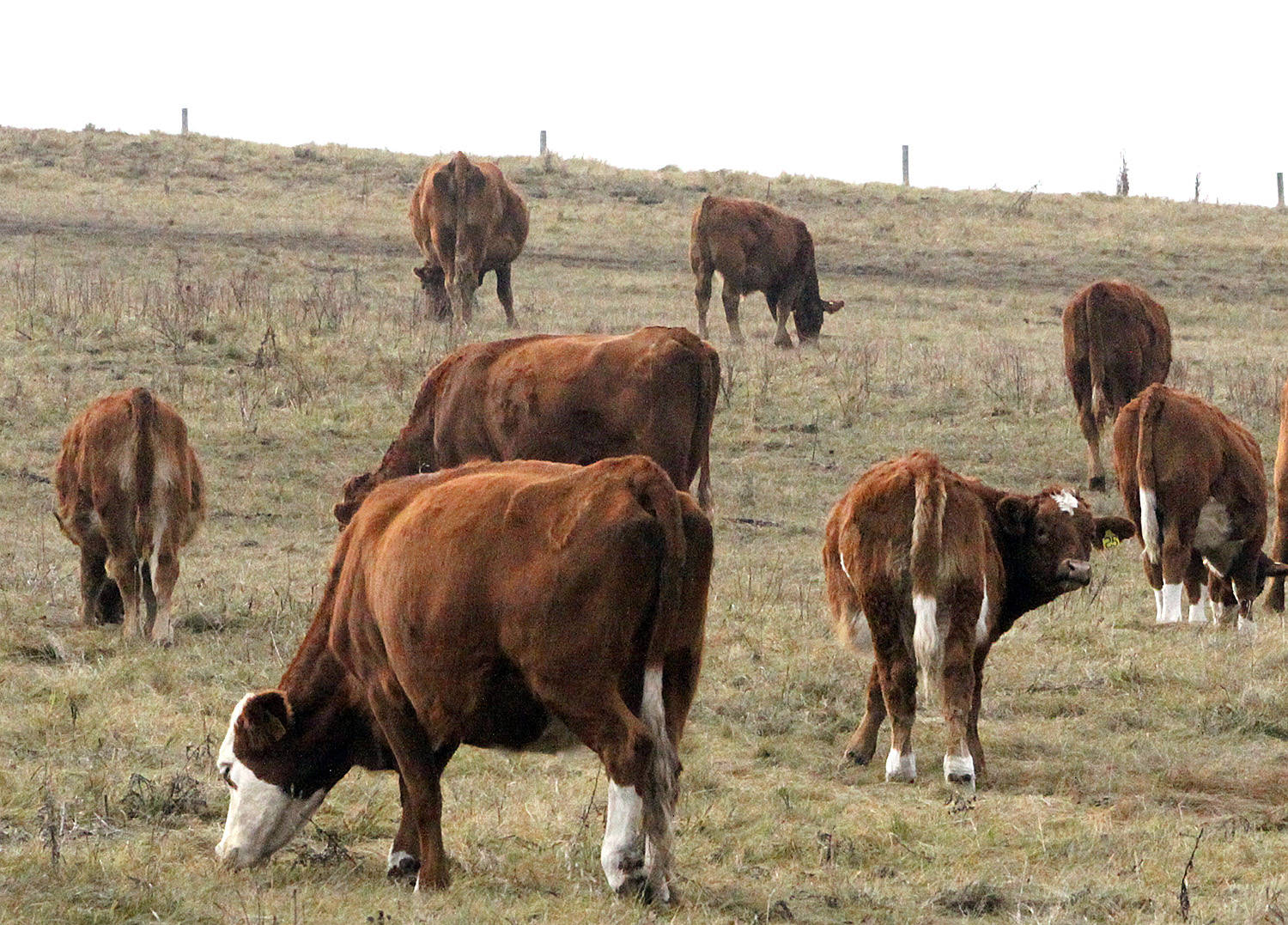Canada’s cattle industry is again anxiously awaiting the results after another case of bovine tuberculosis (bTB) has been confirmed.
This time it was cow slaughtered in a federal facility on Oct. 26 in Alberta, but traced back to a farm located in the southern B.C. interior. No specific location was provided by the Canadian Food Inspection Agency (CFIA) or the B.C. provincial government, which are conducting a joint investigation.
A lab test confirmed bTB in a mature cow back on Nov. 9, with the CFIA noting no portion of the animal entered the food chain.
“This finding has not impacted Canada’s TB-free status,” noted a release on the CFIA website (www.inspection.gc.ca).
As the investigation is in the very early stage, there are no exact numbers of herds and animals that may have been exposed.
To date, only the one bTB positive cow has been confirmed though testing of the herd where the animal originated remains on-going.
However, on their website, it states that six herds in both B.C. and Alberta have been placed under restricted movement controls for the purpose of testing and that tracing efforts are continuing.
That tracing including identifying animals that have entered or left the herd where the bTB positive cow originated from the last five years. Testing will continue into the new year, with the CFIA anticipating more herds in Alberta will be targeted for testing.
At this time, there is no evidence supporting any link to this case and the six positive cases from a ranch near Lethbridge in 2016, that resulted in the destruction of more than 12,000 cattle with producers compensated to the tune of $16.7 million.
Samples from the positive cow are currently undergoing culture which will allow for identification of the strain responsible.



